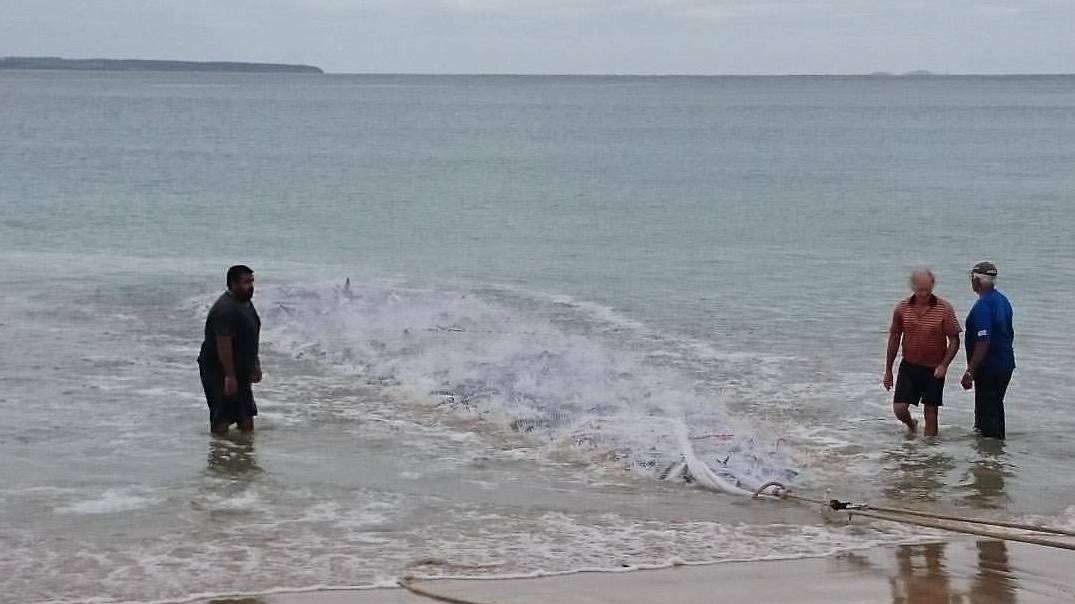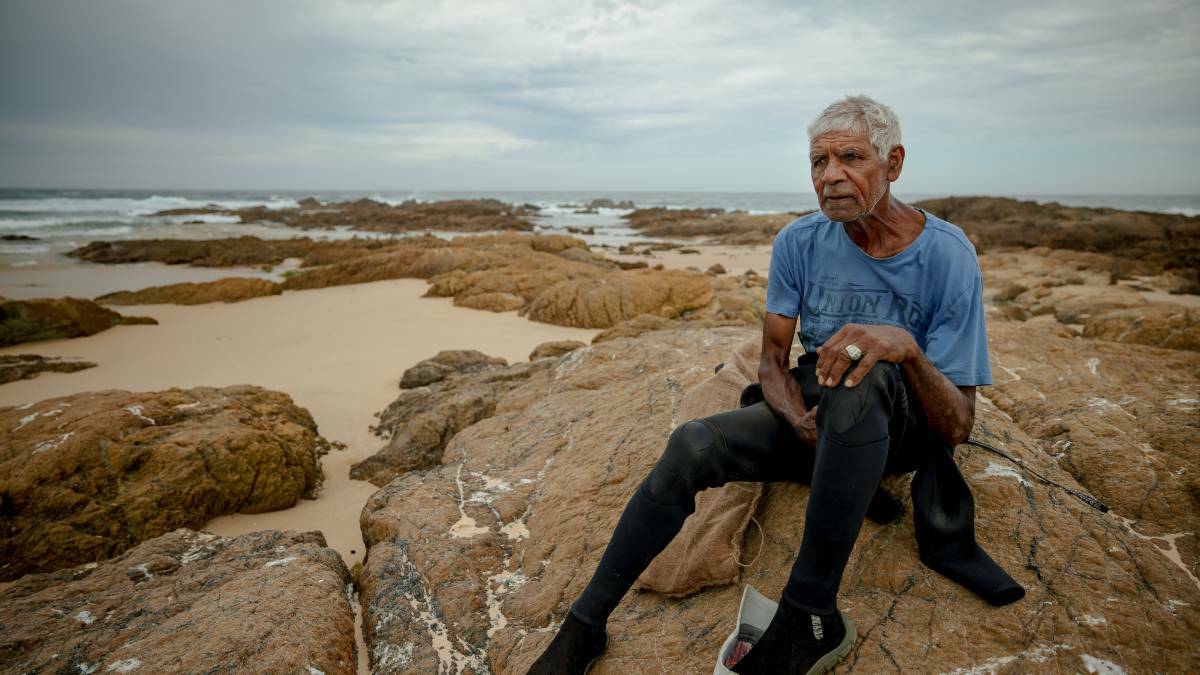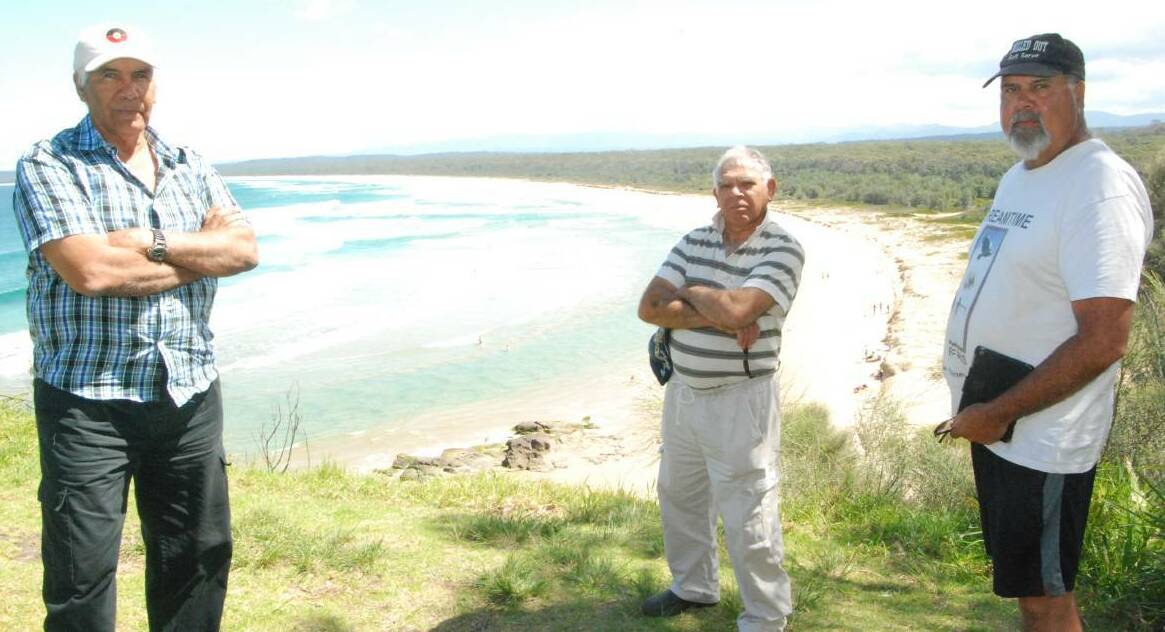
The government is yet to respond to the report from the NSW Parliamentary inquiry into Aboriginal cultural fishing and it remains to be seen if it will act on its recommendations.
Subscribe now for unlimited access.
$0/
(min cost $0)
or signup to continue reading
The report found that after 13 years the government had failed to develop the supporting regulation for the special provision for Aboriginal cultural fishing to commence.
Mark Banasiak MLC, the inquiry's chair, told ACM the government's inaction had hurt Aboriginal fishermen and caused considerable angst and conflict between recreational, Aboriginal and commercial fishermen.
"If the issue had been dealt with sensitively and expeditiously, we would not have had all this angst," he said.
READ ALSO:

Big ask, but possible
The report recommended that the provision should commence by June 30, 2023.
But was it realistic that the government does in a few months what it had failed to do in 13 years?
"Based on their performance it is a big ask, but it is possible," Mr Banasiak said.
"It doesn't take 13 years to consult with a community on what it [the regulation] should look like.
"They have trained and skilled people who can do this pretty quickly and water-sharing plans can be pulled together fairly quickly so it can be done."

Prosecution or persecution
The committee heard numerous accounts of claimed injustice to Aboriginal fishermen when it held a community roundtable in Narooma on Thursday, July 28.
"We repeatedly heard stories of Aboriginal people being harassed, prosecuted, and fined for practising cultural fishing," Mr Banasiak said.
"Some Aboriginal fishers have been subject to terrible consequences, including jail terms and fines in the thousands of dollars."
He said it was up to the Department of Primary Industries whether or not it returned all the fishing gear it had confiscated from the fishermen.
"That is something they need to address.
"It isn't ideal, particularly if the case is thrown out of court or overturned. That is an issue," he said.
Nor will the hefty fines be refunded, partly because of the legal costs involved if they go to court.
"Many of them would not get their money back if proved innocent."

Inadequate understanding
The report recommended better education and training for Fisheries compliance officers and that it be delivered in partnership with key Aboriginal stakeholders.
"There is a clear inability of the compliance officers to distinguish between what is cultural fishing, including bartering with kin, and someone selling it on the black market in Sydney," Mr Banasiak said.
Love your regional news? Then sign up for the Voice of Real Australia, daily news from across the country delivered free to your inbox

